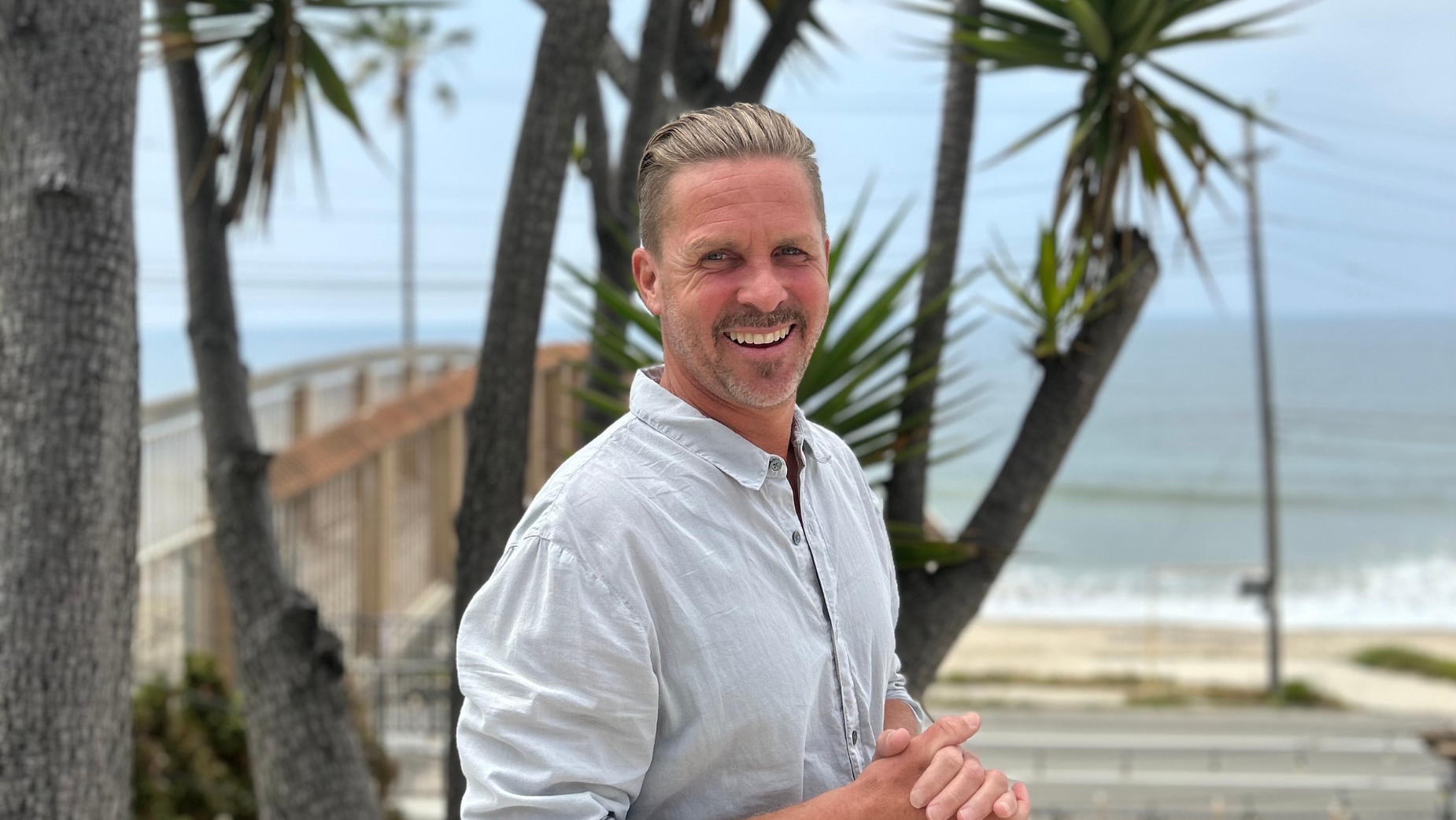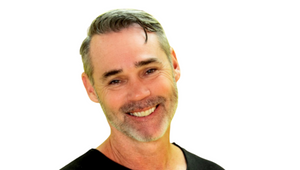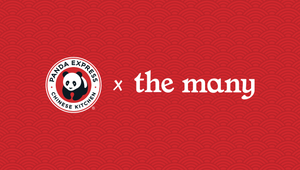
Producing Tomorrow's Producers: Adam McGinnes on Setting Trends, Not Following Them

Adam McGinnes is an executive producer with a wealth of experience in creating and directing music and culture content for Red Bull Media House. During his eight-year tenure, he worked on numerous bespoke content pieces and directed and produced the "BC One National Breaking Competition" from 2014 to 2018. In addition to his work with Red Bull, Adam has also worked with Sea Shepherd, a marine conservation organisation, producing content for their campaigns.
LBB> What advice would you give to any aspiring producers or content creators hoping to make the jump into production?
Adam> Dive in headfirst and master every nook and cranny of the production process. Knowing how to draft a budget or animate a graphic isn’t just skill—it's your passport to taking command of any project. Owning this range makes you indispensable and ready to lead, not just participate.
LBB> What skills or emerging areas would you advise aspiring producers to learn about and educate themselves about?
Adam> To stand out, wrap your head around a 360-approach like it's second nature. This isn't about following trends; it's about setting them with a fresh, tech-savvy mindset. Understand this, and you’ll become the go-to for captivating content that resonates and moves audiences.
LBB> What was the biggest lesson you learned when you were starting out in production - and why has that stayed with you?
Adam> Change is not just inevitable; it's the rhythm of the industry. Don’t waste your time with lavish spending to plug holes. Instead, be the one who’s always two steps ahead, solving problems before they even arise. That’s the mark of a true production pro.
LBB> When it comes to broadening access to production and improving diversity and inclusion what are your team doing to address this?
Adam> We’re not just adding seats to the table; we’re building a bigger one. Inclusion isn’t a checkbox—it’s about weaving a multitude of voices into the very fabric of our projects. That's how you create content that reflects the real, multifaceted world.
LBB> And why is it an important issue for the production community to address?
Adam> Content isn't just entertainment; it's a mirror for society. If people don't see themselves in our work, we've failed. Full stop. It’s about ensuring our creative output doesn't just speak to people—it speaks for them.
LBB> There are young people getting into production who maybe don’t see the line between professional production and the creator economy, and that may well also be the shape of things to come. What are your thoughts about that? Is there a tension between more formalised production and the ‘creator economy’ or do the two feed into each other?
Adam> The creator economy and professional production aren't on opposite ends; they're collaborators, shaping the future of storytelling. Each has much to teach the other, and the smartest players in the game are those leveraging both worlds to their advantage.
LBB> If you compare your role to the role of executive producers when you first joined the industry, what do you think are the most striking or interesting changes (and what surprising things have stayed the same?)
Adam> Today's leadership is about rolling up your sleeves and getting in the trenches with your team. The old guard's 'command and control' style is out. Now, it's about agile leadership that thrives on collective input. Yet, the need for gripping narratives—stories that grab people and don't let go—hasn't budged.
Great storytelling and stories will always win!
LBB> When it comes to educating producers how does your agency like to approach this? (I know we’re always hearing about how much easier it is to educate or train oneself on tech etc, but what areas do you think producers can benefit from more directed or structured training?)
Adam> While anyone can pick up a camera or software these days, the art of leading a production—that’s a different beast. We offer tailored training that moulds not just competent producers, but visionary storytellers with the ability to captivate hearts and minds.
LBB> It seems that there’s an emphasis on speed and volume when it comes to content - but to where is the space for up and coming producers to learn about (and learn to appreciate) craft?
Adam> Yes, the industry craves content quickly, but rapid doesn't mean reckless. We mentor producers to refine their craft at pace—ensuring that even the quickest projects are still rooted in solid storytelling and technical prowess.
LBB>On the other side of the equation, what’s the key to retaining expertise and helping people who have been working in production for decades to develop new skills?
Adam> Veterans need to be as adaptable as they are wise. They must blend their deep-seated knowledge with a fresh perspective, turning the evolving landscape into an ally. The goal is to foster a culture where experience meets innovation—a place where old dogs and new tricks coexist.
LBB> Clearly there is so much change, but what are the personality traits and skills that will always be in demand from producers?
Adam> In production, you need to be a chameleon—adaptable, forward-thinking, and eternally upbeat. Pack a production toolkit that’s as varied as it is deep, and you’ll not just fit into the industry—you’ll reshape it.















